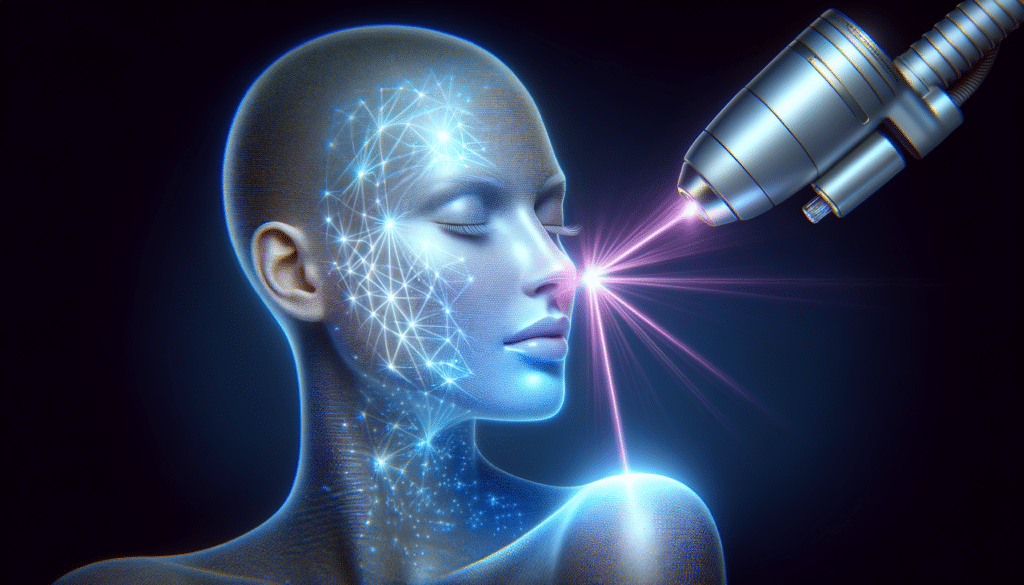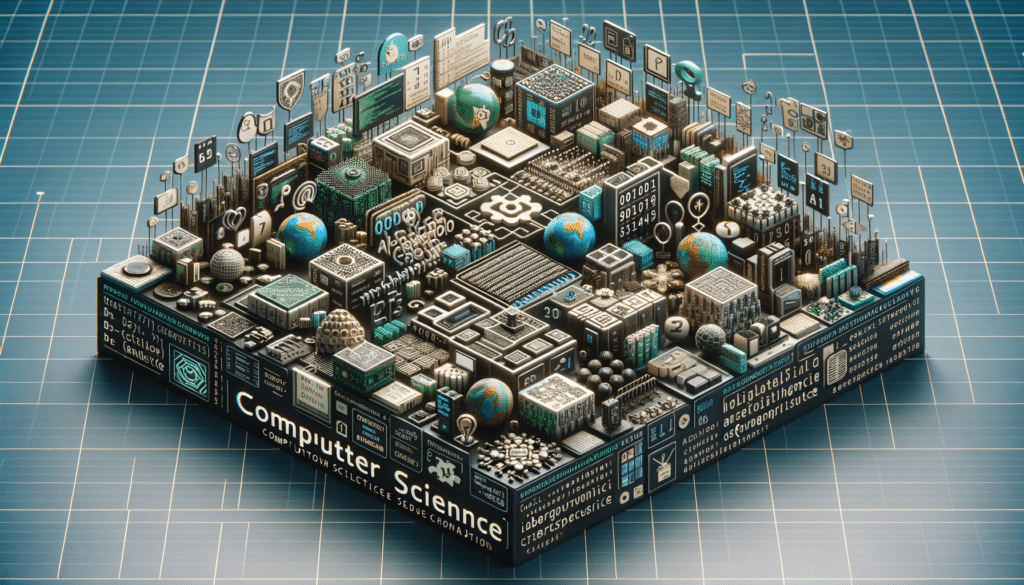Understanding Laser Skin Rejuvenation
Laser skin rejuvenation is a cosmetic procedure that uses targeted laser technology to address various skin concerns, such as wrinkles, scars, and discoloration. This treatment is renowned for its ability to enhance skin texture and tone, offering a non-invasive alternative to traditional surgical methods. The procedure works by directing concentrated beams of light at the skin, which stimulates collagen production and promotes the natural healing process. As a result, patients can achieve a more youthful and refreshed appearance.
There are several types of lasers used in skin rejuvenation, each designed to target specific skin issues. For instance, ablative lasers remove the outer layers of the skin, making them effective for treating deeper wrinkles and scars. Non-ablative lasers, on the other hand, work beneath the surface without removing any skin, making them ideal for improving skin tone and texture with minimal recovery time. The choice of laser depends on the individual’s skin type, concerns, and desired results.
Laser skin rejuvenation is suitable for people of all ages who are seeking to improve their skin’s appearance. It is particularly popular among individuals looking to reduce signs of aging, such as fine lines and sun damage. However, it is essential to consult with a qualified dermatologist or cosmetic surgeon to determine the best treatment plan based on individual needs and skin conditions.
The Benefits of Laser Skin Rejuvenation
Laser skin rejuvenation offers numerous benefits, making it a sought-after treatment in the realm of cosmetic dermatology. One of the most significant advantages is its ability to provide noticeable results with minimal downtime. Unlike traditional surgical procedures, laser treatments are less invasive, allowing patients to resume their daily activities shortly after the procedure.
Another benefit is the precision of the treatment. Lasers can target specific areas of concern without affecting the surrounding skin, ensuring that the treatment is both effective and safe. This precision leads to better outcomes, as the laser can be adjusted to suit the patient’s unique skin type and condition.
Additionally, laser skin rejuvenation can address a variety of skin issues, including:
- Reduction of fine lines and wrinkles: By stimulating collagen production, lasers help smooth out fine lines and wrinkles, resulting in a more youthful appearance.
- Improvement in skin texture: The treatment promotes skin renewal, leading to a smoother and more even skin surface.
- Minimization of scars and blemishes: Lasers can reduce the appearance of acne scars, surgical scars, and other blemishes.
- Correction of pigmentation issues: Laser treatments can effectively lighten dark spots and even out skin tone.
These benefits make laser skin rejuvenation a versatile and effective option for individuals seeking to enhance their skin’s health and appearance.
Comparing Laser Skin Rejuvenation with Other Treatments
When considering skin rejuvenation treatments, it’s essential to compare laser therapy with other available options. One popular alternative is chemical peels, which involve applying a chemical solution to the skin to remove the outer layers. While chemical peels can be effective for certain skin conditions, they may not be suitable for all skin types and can require a longer recovery period compared to laser treatments.
Another option is microdermabrasion, a procedure that exfoliates the skin using tiny crystals. While microdermabrasion can improve skin texture and tone, it may not be as effective as laser treatments for addressing deeper wrinkles and scars. Additionally, the results of microdermabrasion are often less dramatic and require multiple sessions to achieve desired outcomes.
Dermal fillers are also a popular choice for those looking to reduce wrinkles and add volume to the skin. However, fillers primarily address volume loss and may not improve skin texture or tone as effectively as laser treatments. Furthermore, fillers require regular maintenance to sustain results, whereas laser treatments can offer longer-lasting improvements.
Ultimately, the choice between these treatments depends on the individual’s specific skin concerns, goals, and budget. Consulting with a skincare professional can help determine the most suitable option for achieving desired results.
What to Expect During and After the Procedure
Understanding what to expect during and after laser skin rejuvenation can help patients prepare for the procedure and ensure a smooth recovery. The treatment typically begins with a consultation to assess the patient’s skin type and determine the most appropriate laser technology. On the day of the procedure, the skin is cleansed, and a topical anesthetic may be applied to minimize discomfort.
During the treatment, the laser device is carefully moved across the targeted areas, emitting pulses of light that penetrate the skin. Patients may experience a sensation similar to a rubber band snapping against the skin, but this is generally well-tolerated. The duration of the procedure varies depending on the size of the treatment area and the type of laser used.
After the procedure, patients may experience redness, swelling, and mild discomfort, similar to a sunburn. These side effects typically subside within a few days to a week. It’s crucial to follow post-treatment care instructions, which may include applying soothing creams, avoiding sun exposure, and refraining from using certain skincare products.
Most patients notice improvements in their skin’s appearance within a few weeks, with continued enhancement over the following months as collagen production increases. Depending on the individual’s skin condition and desired results, multiple sessions may be recommended to achieve optimal outcomes.
Safety and Considerations for Laser Skin Rejuvenation
While laser skin rejuvenation is generally considered safe, it’s essential to be aware of potential risks and considerations. Choosing a qualified and experienced practitioner is crucial to minimize the risk of complications. During the consultation, the practitioner should assess the patient’s medical history and skin type to determine the most suitable treatment plan.
Potential side effects of laser skin rejuvenation include temporary redness, swelling, and changes in skin pigmentation. In rare cases, more severe complications such as scarring or infection may occur. To reduce the risk of adverse effects, patients should follow pre- and post-treatment care instructions carefully.
It’s also important to have realistic expectations regarding the results of laser skin rejuvenation. While the treatment can significantly improve the skin’s appearance, it may not completely eliminate all imperfections. Discussing goals and expectations with the practitioner can help ensure satisfaction with the outcome.
Overall, laser skin rejuvenation is a safe and effective option for individuals looking to enhance their skin’s health and appearance. By understanding the procedure, benefits, and considerations, patients can make informed decisions and achieve the desired results.





